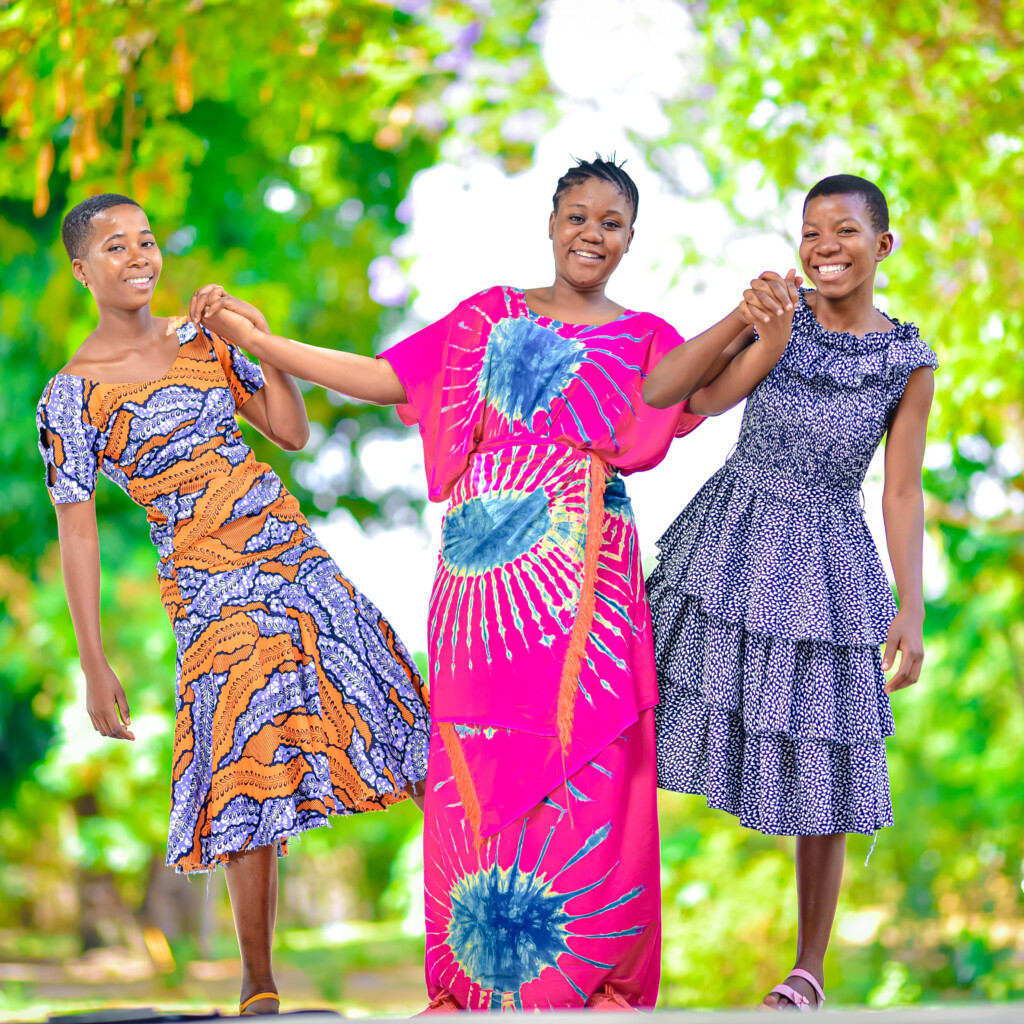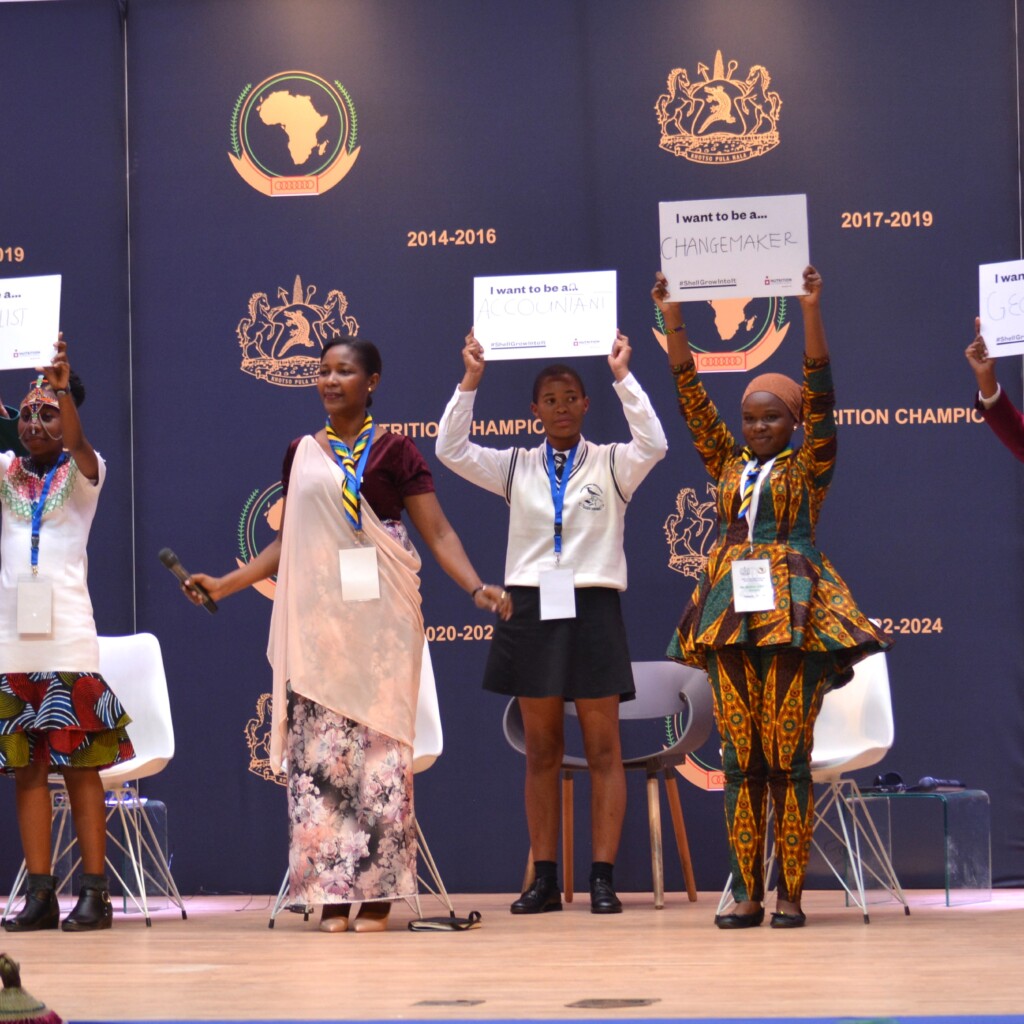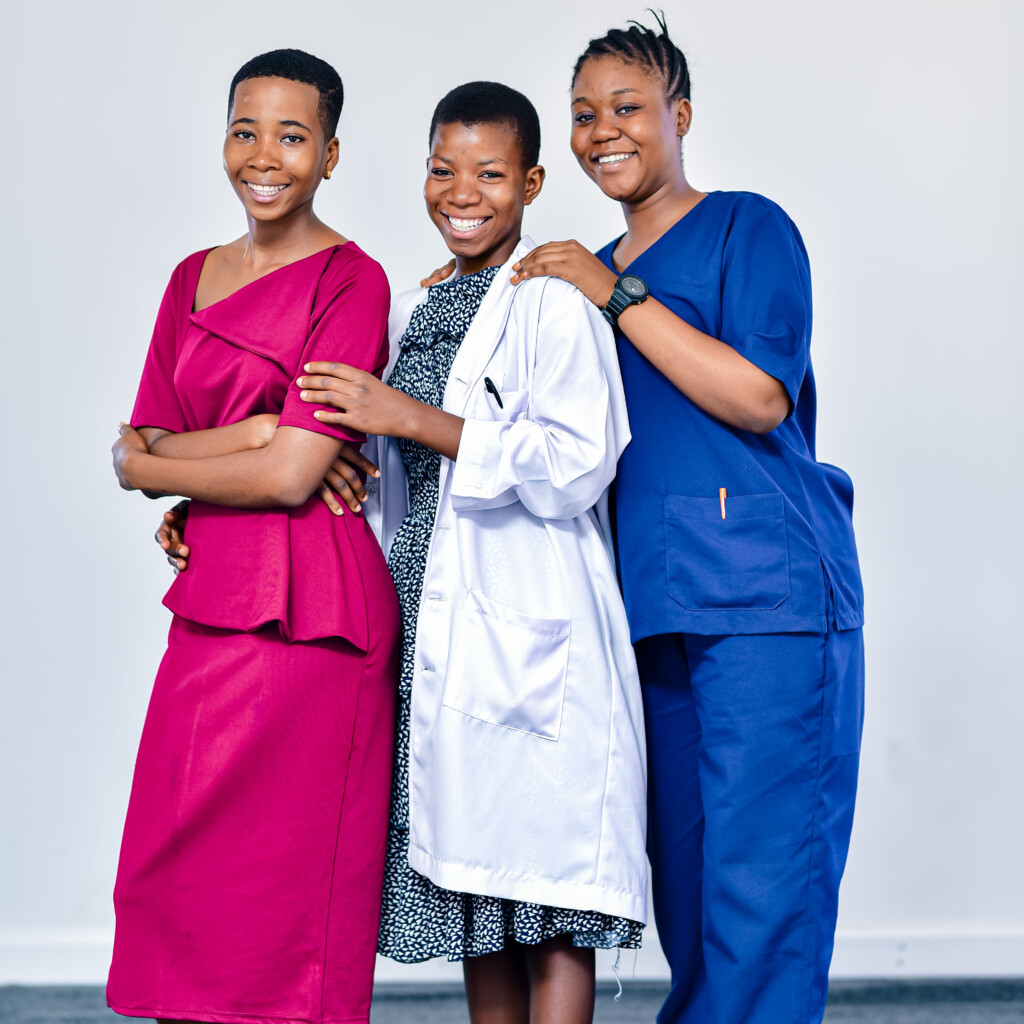In Kenya, we facilitated a nutrition financing workshop where four county governments signed agreements to elevate their commitment of domestic resources for nutrition programs. To ensure that anaemia and adolescent nutrition were prioritized as key focus areas within the African Union’s Year of Nutrition, we co-launched the She’ll Grow Into It campaign with the African Union to drive support for adolescent nutrition and initiated the development of a communications and advocacy strategy to accompany the African Union’s Africa Regional Strategy. We also provided support to the East, Central and Southern Africa Community for the development of an Adolescent Nutrition Advocacy and Communications Strategy.
In collaboration with our partners, we continued to present compelling evidence to governments, multilateral organizations and donors to establish legislation to achieve tangible progress in combating malnutrition by 2030. In Pakistan, this led to the enactment of mandatory food fortification legislation in three of the country’s provinces. Additionally, we provided technical support for the development of the country’s anaemia guidelines, and in response to the devasting floods, we championed the integration of nutrition into Pakistan’s disaster response efforts.
At the global level, Nutrition International played an active role in the successful passing of the WHA resolution on large-scale food fortification, a decision with the potential to help eliminate preventable deaths among marginalized populations by enhancing micronutrient access. Our technical and advocacy experts remain actively engaged in several globally renowned advocacy coalitions and partnerships that work to elevate the nutrition needs and priorities of women and girls, including the Anaemia Actions Alliance led by WHO, the SUN Civil Society Steering Committee and regional and national groups, the Closing the Nutrition Gender Gap partner group and the N4G Outreach Group.


